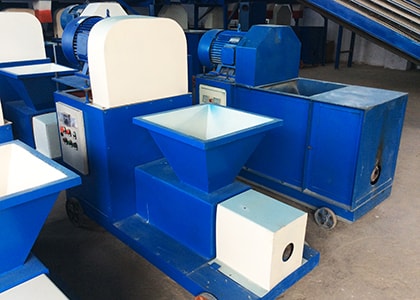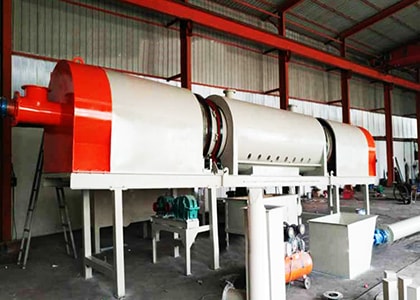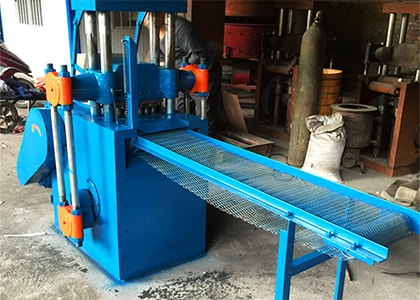Despite having a reputation for being a green state, Colorado’s recycling rate is nearly half of the national average and 4.2% of landfill waste is composed of glass. The primary factors in driving the low recycling rate include inconveniences for consumers and unavoidable economic realities. China stopped accepting the world’s recyclables in 2018 and Colorado is one of 40 states without bottle deposit laws. Glass often represents a net loss for many material recovery facilities (MRFs). The value of clean recyclable glass is only $35 per ton, while it costs about the same to haul, sort and clean the material for processing.
However, the EOW™ Blockchain Waste Traceability Software (BWTS) creates a pathway towards efficiency and transparency within the recycling industry. In order to offset costs and incentivize glass recycling, EOW promotes a “Distributed Shared Responsibility” (DSP) model that puts product manufacturers, distributors, retailers and citizens on the same level.
Environmentally conscious businesses and consumers can contribute to a certificate-based system. After a consumer throws their bottle into a recycling bin, the BTWS model begins its cycle:
→ MRF inputs quantities of sorted glass to be delivered to the processor.
→ The processor validates quantities & reports glass cullets shipped to the manufacturer.
→ The manufacturer validates quantities & reports recycled glass quantities to EOW.
→ A Glass Certificate encapsulating all the data is created.
→ EOW makes the verified quantities available in the marketplace.
→ Sustainable businesses and citizens contribute to receive a glass certificate to offset their carbon footprint.
Within two months, the EOW platform tracked and recycled 1348 tons of glass. However, the overall goal is increasing average recycling rates in the United States from 33% today to 85% by 2030. Reaching this goal amounts to saving 4.6 million tons of glass from landfills and represents a 1.6 million-ton reduction in CO2 emissions per year. The reduction in CO2 emissions is akin to taking 313,470 passenger vehicles off the road per year. This process has already begun in Colorado, Utah and in Missouri with Ripple Glass.

Charcoal Machine

Carbonization Furnace

Briquette Machine